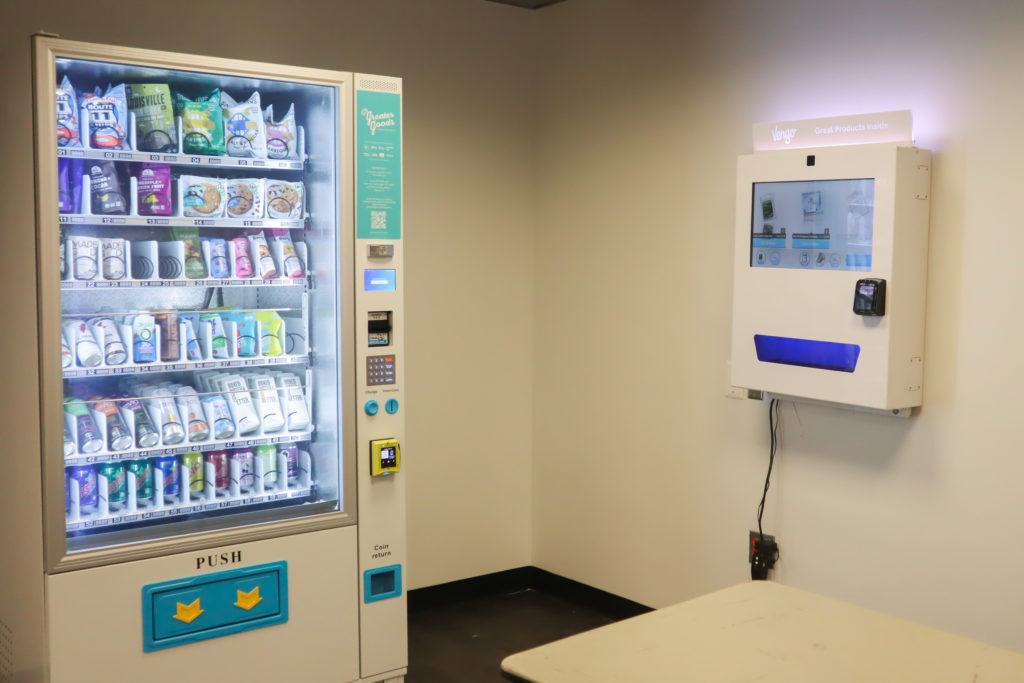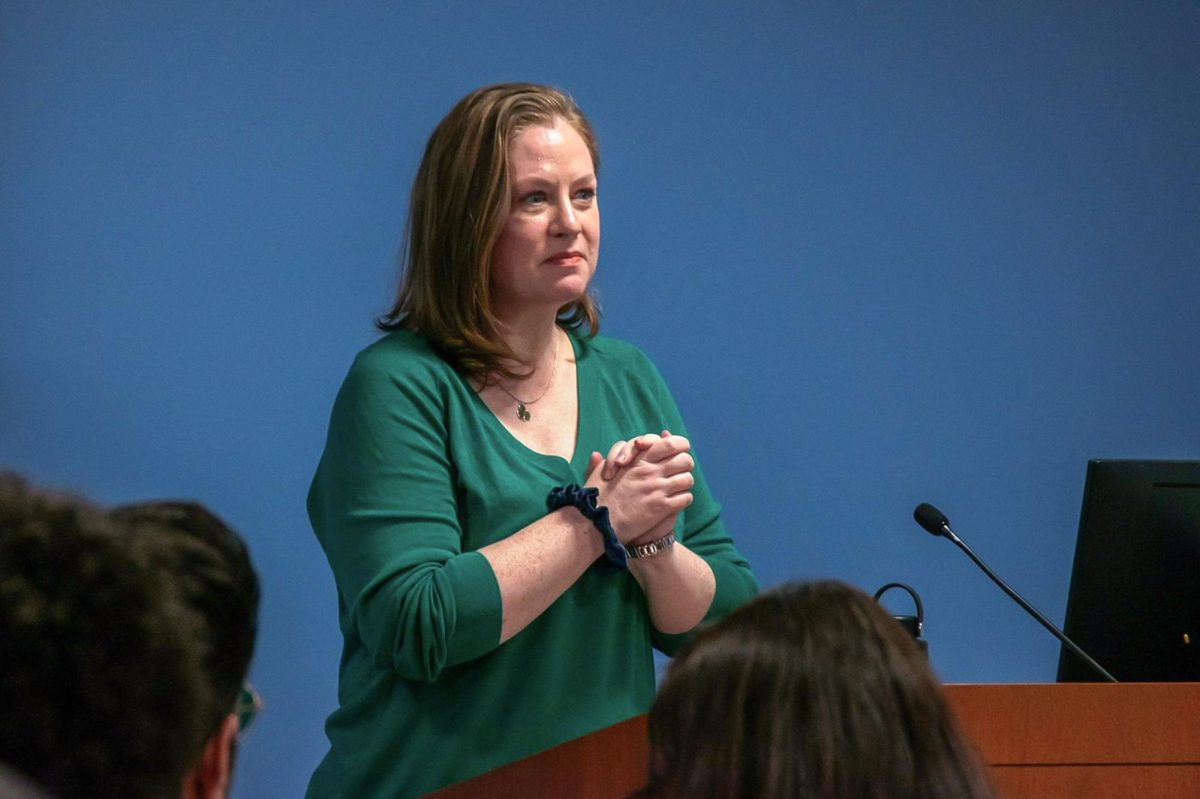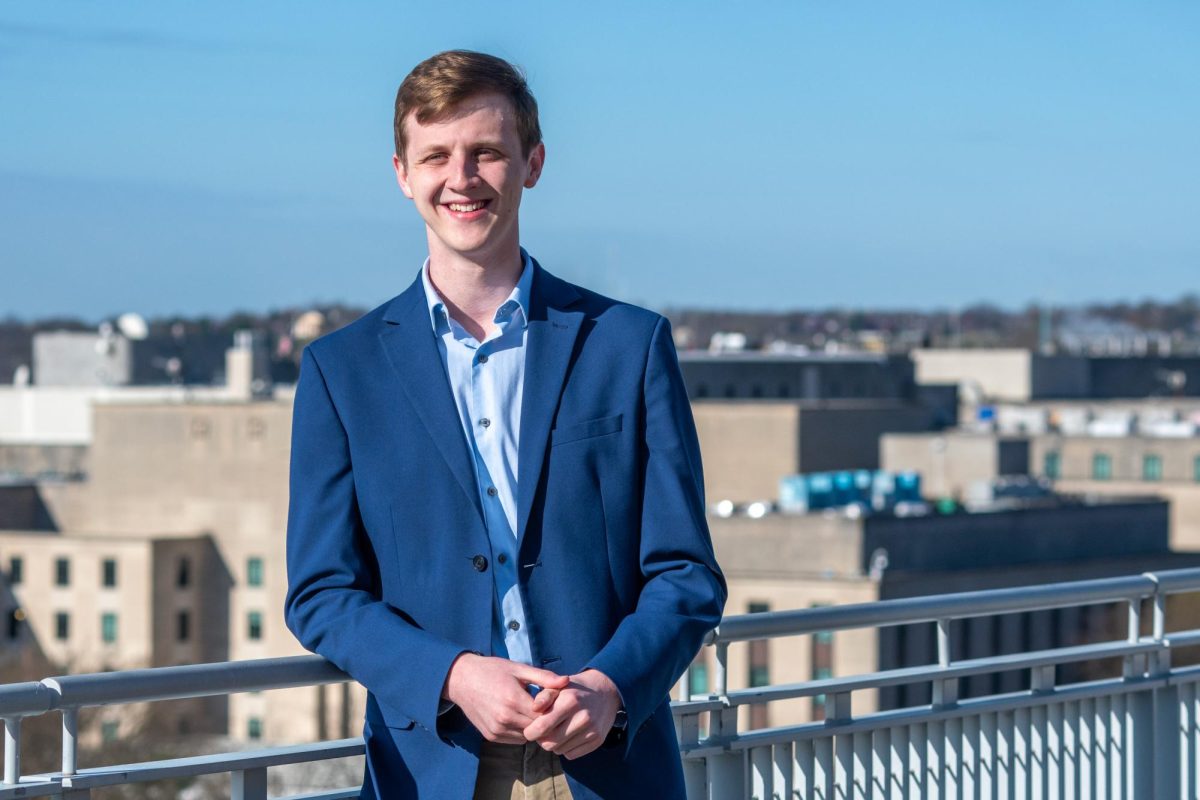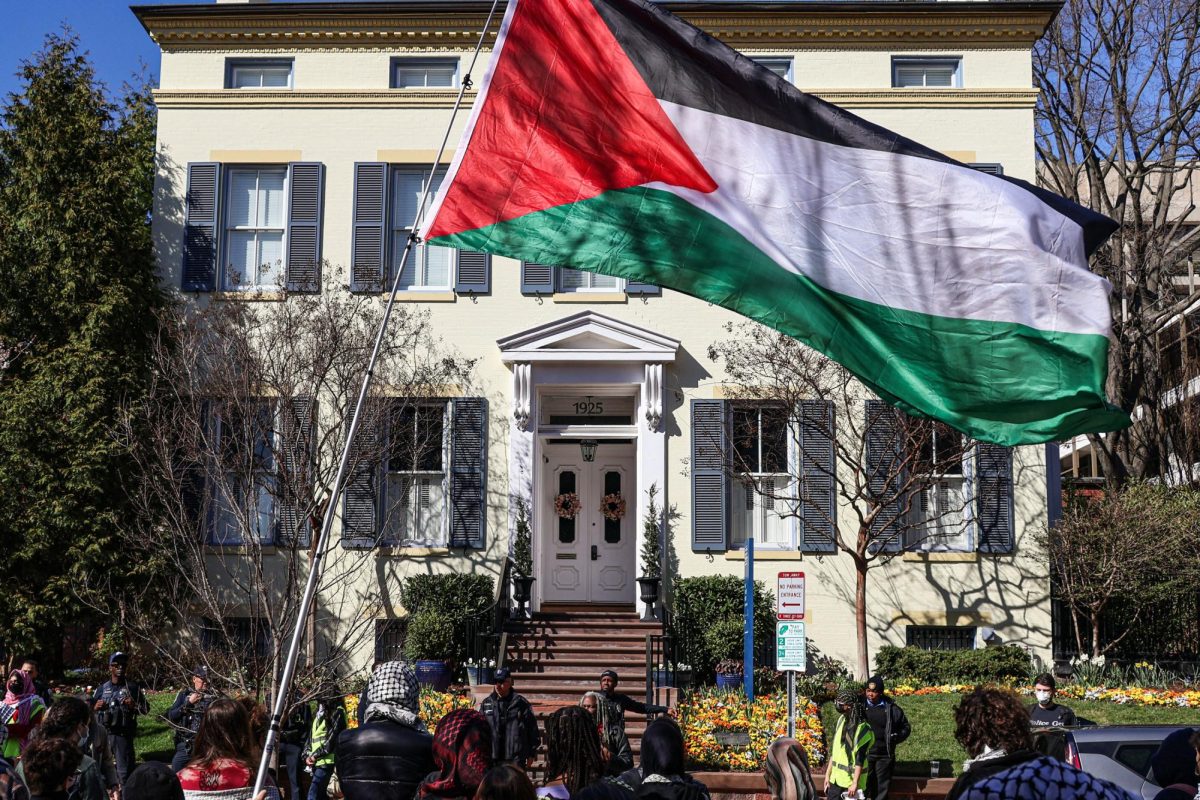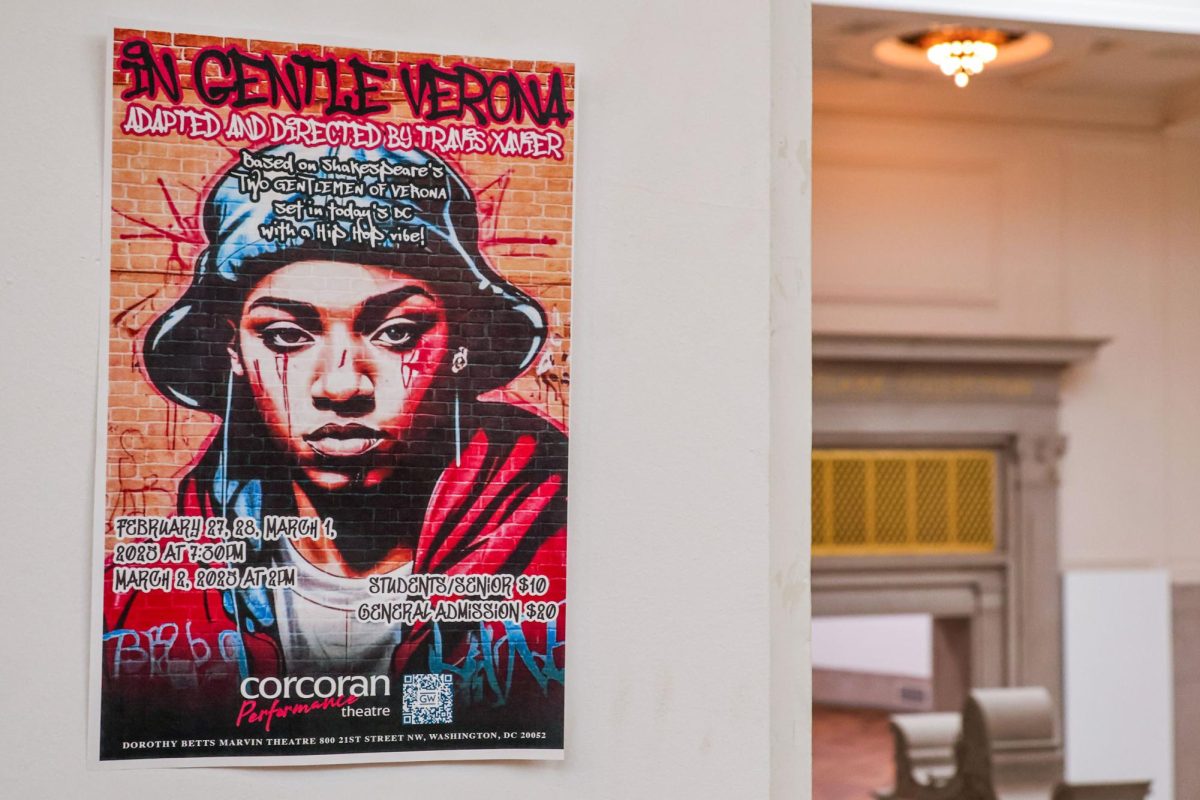More than 200 students and campus organizations have signed a petition calling on officials to reduce the cost and improve the accessibility of the newly installed emergency contraceptive vending machine in the University Student Center basement.
GW Reproductive, Autonomy, Gender, Equity, which launched the petition on Jan. 24, is calling on officials to lower the cost of Plan B in the vending machine from $30 to under $10 and to make the machine accessible 24 hours. The petition, which student organizations like GWU Leading Women of Tomorrow and Allied in Pride signed, asks officials to model Plan B access on campus after universities like Northeastern, which sells the emergency contraceptive from its machines for $7.
The vending machine sells the generic version of Plan B for the same price as CVS, according to RAGE’s statement released with the petition. CVS currently sells a generic version of Plan B at $30 per pill, according to its website.
The machine is currently inaccessible from midnight to 7 a.m. when the student center is closed.
Senior Laila Salaam, a co-president of RAGE, said while installing the machine was an appreciated effort from the Student Association and the administration, the machine’s price and location still pose obstacles for students who need a cheap option and access to the medication when USC is closed.
“We understand that different students all across the University are in different financial positions,” Salaam said. “And it would be really beneficial if they had an option that was a lot cheaper than an option that they could get at the CVS that’s across the street.”
Salaam, who volunteers with Foggy Bottom Plan B, a community organization that provides free emergency contraceptive medication, said she has talked to more than 10 students who will continue to rely on the organization’s free access to Plan B instead of the vending machine because of the “inaccessible” price. She said Foggy Bottom Plan B receives the most requests for the medication between midnight and 7 a.m., which is when the vending machine is inaccessible to the public.
Salaam, said the SA offered for Foggy Bottom Plan B to endorse the vending machine installation in November before it launched, but the organization declined because the cost conflicted with their “morality” about equitable access to contraceptives. She said the SA and officials should have consulted RAGE and other student organizations throughout the planning process to improve the effectiveness of the project.
“We believe that a lot of this could have been avoided if we were consulted early in the process and kind of just were able to lend them our expertise,” Salaam said.
Salaam said members of RAGE are set to meet with Neharika Rao, the SA’s executive secretary of diversity, equity and inclusion and Aziza Saeed, the communications director for the executive cabinet, to discuss the possibility of expanding access to the contraceptive vending machine. Salaam said RAGE hopes to gain 1,000 signatures for their petition before presenting it to the administration.
“Our focus is not trying to co-op this initiative,” Salaam said. “It’s more so trying to bring students together to make this as accessible as possible for as many people as possible.”
SA President Christian Zidouemba said his cabinet plans to meet with RAGE Thursday to work together to address their demands and make affordable emergency contraceptives more accessible across campus. He said the SA will work to offer affordable health care resources like Plan B and Advil across campus bathrooms or residence halls to prioritize increased access to health products.
“This is a first step, and I’m committed and assuring that we ensure that every person who wants to be able to has access to those products, and the cost shouldn’t be a barrier to those who want to have them at our University,” Zidouemba said.


